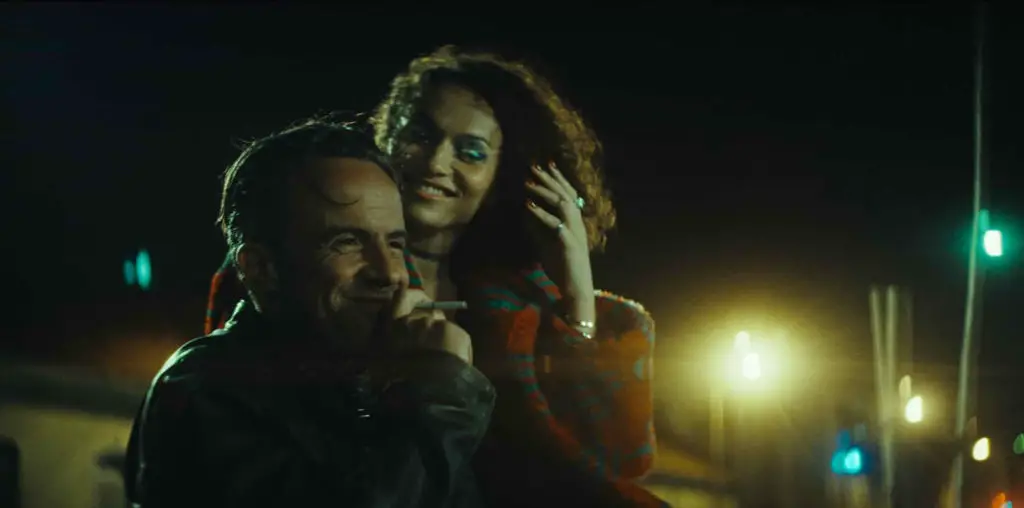
“I do not believe that this film is a good film.” -Julian Assange
He may be creepy. He may look like he escaped from a Harry Potter novel. But he’s right. If you’ve been in a coma for the past half decade, Dreamgirls director Bill Condon’s new movie will blow your mind. Anyone else is likely to find The Fifth Estate a snoozy ripped-from-the-headlines exercise because: A.) The headlines are so recent you feel like you just read them. B.) The movie fails to add anything to what we already know from having done so.
Benedict Cumberbatch (insert your own joke about his name here) is squandered as the Australian hacker and WikiLeaks founder. One of the picture’s multitudinous shortcomings is the fact that its subject is literally an international man of mystery and neither its director nor screenwriter, Josh Singer, seem to have any more idea who he is and what makes him tick than you or I.
This despite the fact that it’s based on two—count ’em— two insider tell-alls: WikiLeaks: Inside Julian Assange’s War on Secrecy by David Leigh and Luke Harding and Inside WikiLeaks: My Time With Julian Assange at the World’s Most Dangerous Website by Daniel Domscheit-Berg. The only reason anyone buys a ticket to a movie like this, let’s face it, is to get the straight poop. If we leave with no clearer understanding of Assange’s character and motives, the film has failed us. The Fifth Estate fails us big time.
Which is crazy considering Domscheit-Berg (Assange’s former partner) not only advised but provided one of its two principal characters. He’s played as a starstruck digital disciple by Daniel Brühl. This is like David Fincher failing to bring Mark Zuckerberg into focus had The Social Network been co-produced by Eduardo Saverin. With the disgruntled German co-conspirator as collaborator, Condon had everything required to get the job done. How ironic then, that, in telling the story of the world’s most notorious bean spiller, his portrait reveals so little.
Hardly more than a Cliff Notes recap of WikiLeaks’ rise from revolutionary Internet vision to file sharing Goliath, Condon’s latest is an awkward cross between The Social Network and a Bourne film with lots of unnecessary jump cuts, montages of TV talking heads and map graphics tracing exotic locales Assange passes through (Nairobi! Berlin! Antwerp! Reykjavik!) to distract us from the reality that his story’s largely about two dudes typing.
The film follows the evolution of the friendship between the two through 2010 when WikiLeaks famously teamed with The Times, The Guardian and Der Spiegel to publish gazillions of military and diplomatic documents. But the closest Condon comes to examining the ethical issues raised by what the Pentagon called “the largest leak of classified documents in history” is an underdeveloped and weirdly glib subplot featuring Laura Linney and Stanley Tucci as State Department officials who make sure the viewer gets that—duh—sources were placed at risk. The Fifth Estate has the brains and gravitas of made-for-TV movie.
It occurred to me while watching this immensely flawed, minimally illuminating film that Chelsea Manning really should’ve gotten a credit of some sort. Assange had an innovative idea for a site but we wouldn’t be talking about it or him today-much less a movie about them-had Manning not supplied the material that made WikiLeaks a household name and the former intelligence analyst a guest of the penal system for the next 35 years.
She’s barely mentioned in the film’s 128 minutes and yet I feel like I know what she’s about. Cumberbatch, on the other hand, is in nearly every scene and I couldn’t say with any more certainty today than a year ago whether his character’s crusade for transparency is sincere or just a freedom of information act.

